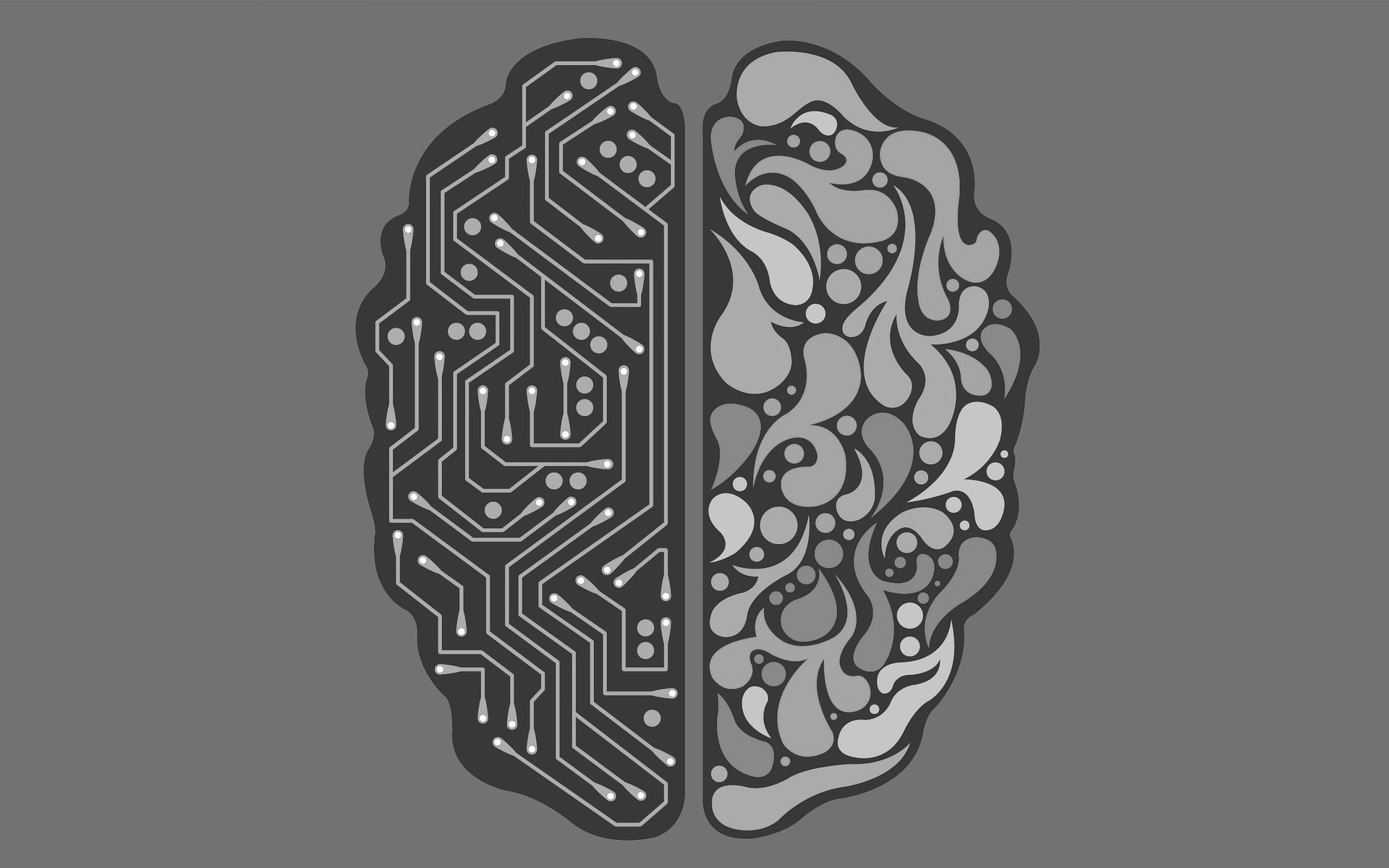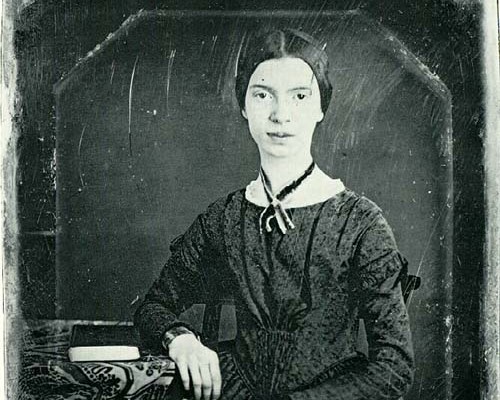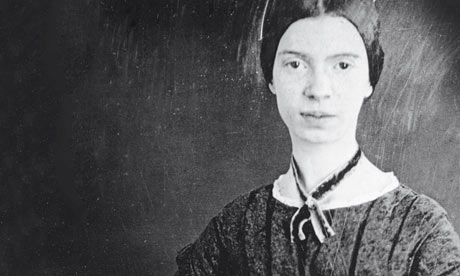I never lost as much but twice closely relates to Dickinson’s life, and in fact, the poetess speaks of two fundamental losses in her life and presents an anti-puritan attitude towards God! In this article, we are attempting a critical analysis of I never lost as much as twice!
I Never Lost as Much but Twice: Analysis
The poem I Never Lost as Much but Twice was written after the death of Leonard Humphrey and Benjamin Newton. It may be possible that the poetess is expressing the loss of their death. “Twice” and “sod” signifies the death of two people.
The second loss may be a betrayal or faithlessness of a friend. In human life, these are the two greatest emotional losses we encounter, and Emily makes it clear through this poem. The poem’s keynote is that she leaves it to the readers to identify the loss, as individual losses are deeply personal and may not fit any genre.
“I never lost as much but twice,
And that was in the sod.
Twice have I stood a beggar
Before the door of God!”
1) Lost refers to the greatest loss, as the poet counts that she lost twice in life, thus signifying only the prime loss, like the demise of her two good friends!
2) In the sod refers to the death of her two friends
3) The poetess calls herself a beggar because of the great emotional loss she suffered. She must have prayed to God like a beggar.
4) Door of God refers to the paradise
The poetess grieves for the loss of her two friends! It came as the greatest shock to her in her life. In her entire life, she hasn’t lost anything more important than the loss she is currently speaking of. She must have begged God to refrain her from the loss or give her mental strength. She only begged God twice (..twice have I stood a beggar) further intensifies the loss.
“Angels- Twice descending
Reimbursed my store-
Burglar! Banker – Father!
I am poor once more!”
1) Reimbursed my store refers to new friends brought by the angels
God seems to address her begging and gifted her with two new friends or dear ones. The image of the angels descending from heaven seems to reconcile the poet’s faith in God. Yes, God has reimbursed the store! However, there is no thanksgiving. Instead, the poetess’s faith in God gets shaken!
She mockingly calls God as ‘Burglar! Banker – Father!’
Burglar because God takes away anything or everything from the man without even the slightest notice, as this correlates with the act of a burglar.
Bank because God has enough and can always reimburse as he has done in the case of the poetess with two new friends.
Father because he is one responsive for all his subjects and takes care of the creation!
However, it’s the very final line that sets the mood and the theme of the poem! “I am poor once more!”
Even after having two new angels in her life, it makes the poetess say; she is poor! God has again taken away someone from the life of the poetess. The present loss may be faithlessness from a friend or a beloved one.
I Never Lost as Much but Twice: Critical Appreciation
The poem is open defiance to the authority of God and is an irony to how he humiliates his subject. When God is actually recognized as a father, he turns out to be a burglar and a banker. The poem is intended to humiliate God in front of his followers. The poetess makes us turn skeptical about the character of God, as the person whom we hold dear will be taken away and reimbursed with new ones! But that’s not the end. God will make you poor again so that you always beg before God!
The poem also projects personal imagery of Emily and how she feels for her friends. She calls God a cheater for playing by unfair rules.
Some online learning platforms provide certifications, while others are designed to simply grow your skills in your personal and professional life. Including Masterclass and Coursera, here are our recommendations for the best online learning platforms you can sign up for today.
The 7 Best Online Learning Platforms of 2022
- Best Overall: Coursera
- Best for Niche Topics: Udemy
- Best for Creative Fields: Skillshare
- Best for Celebrity Lessons: MasterClass
- Best for STEM: EdX
- Best for Career Building: Udacity
- Best for Data Learning: Pluralsight














